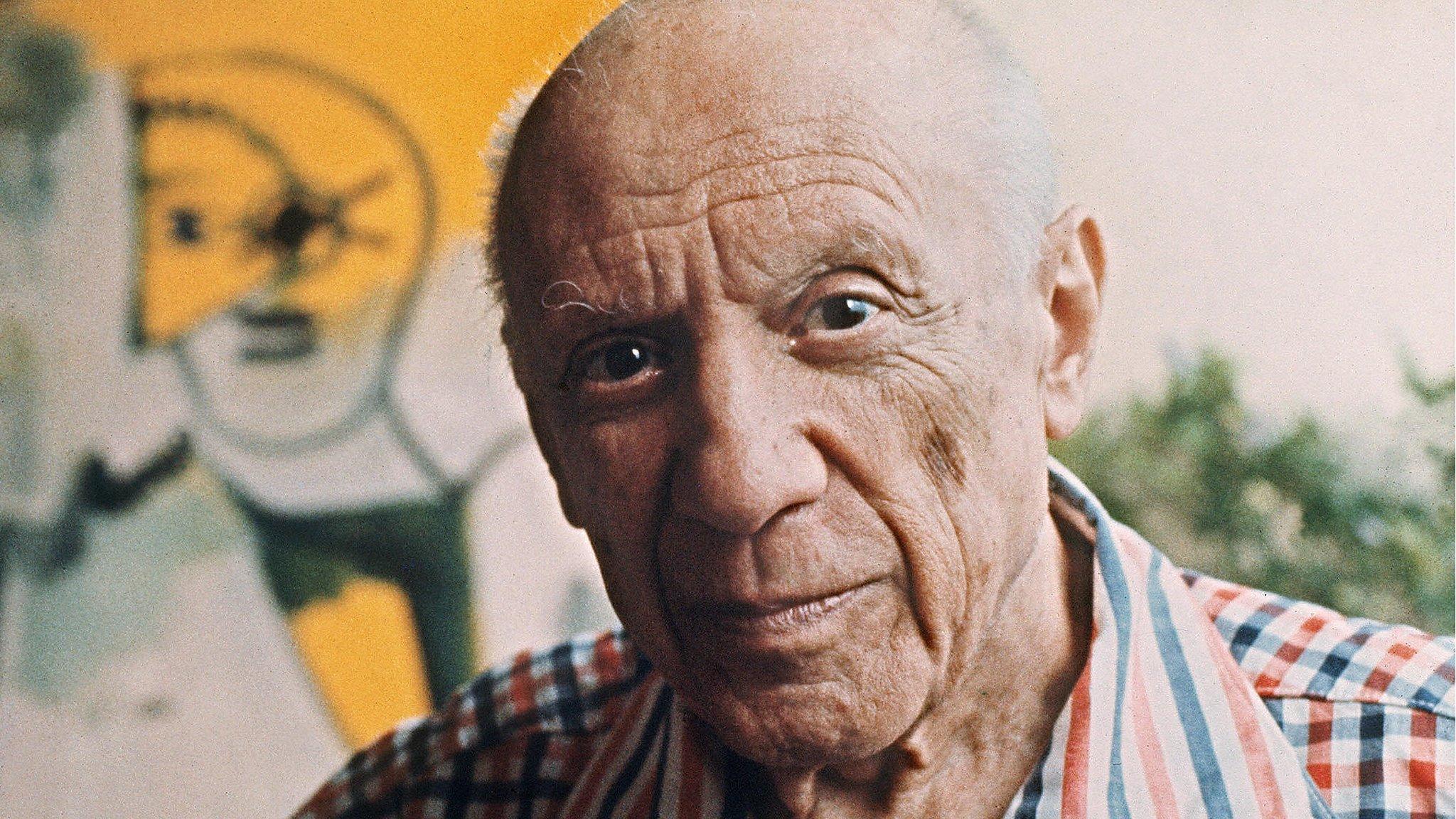Maria Balshaw: Manchester gallery boss to be Tate's first female director
- Published
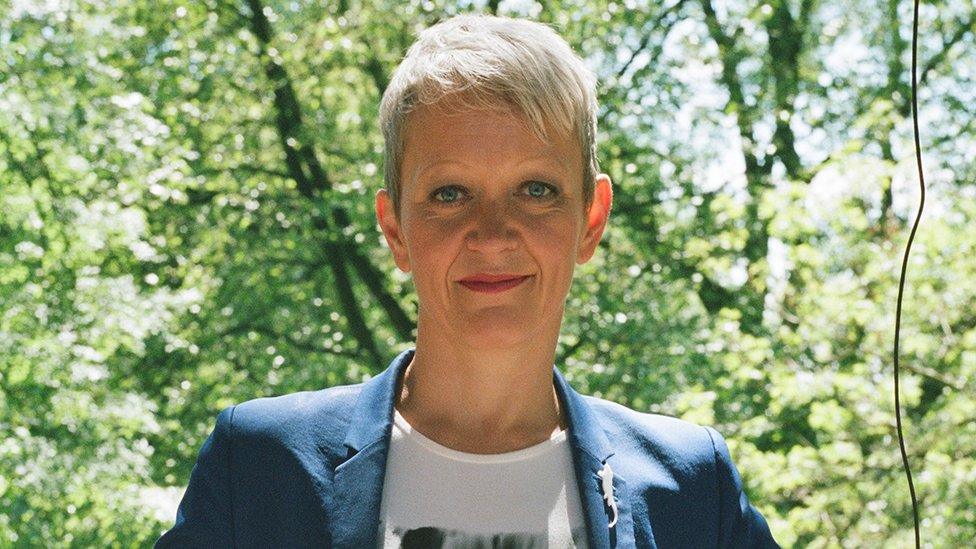
Maria Balshaw has run the Whitworth gallery in Manchester for the past decade
Maria Balshaw, the head of Manchester's acclaimed Whitworth Art Gallery, has been chosen to run the Tate art empire.
Dr Balshaw will become the first female director in the Tate's 120-year history and will replace Sir Nicholas Serota, who has been at the helm since 1988.
She will take charge of the Tate Modern and Tate Britain in London as well as offshoots in Liverpool and St Ives.
Under her stewardship, the Whitworth had an award-winning expansion in 2015. She also runs Manchester Art Gallery.
Dr Balshaw said she will focus on developing the organisation's reputation as "artistically adventurous".
She added: "I am tremendously excited to be leading Tate in the next chapter of its life. I look forward to developing Tate's reputation as the most artistically adventurous and culturally inclusive gallery in the world."
Balshaw, whose appointment was approved by Prime Minister Theresa May, is the gallery's ninth director and will take up her new post on 1 June.
Lord Browne, chairman of the trustees of Tate, said: "The Trustees and I know that Maria has the vision, drive and stature to lead Tate into its next phase of development. We enthusiastically look forward to working with her as she does so."

Who is Maria Balshaw?
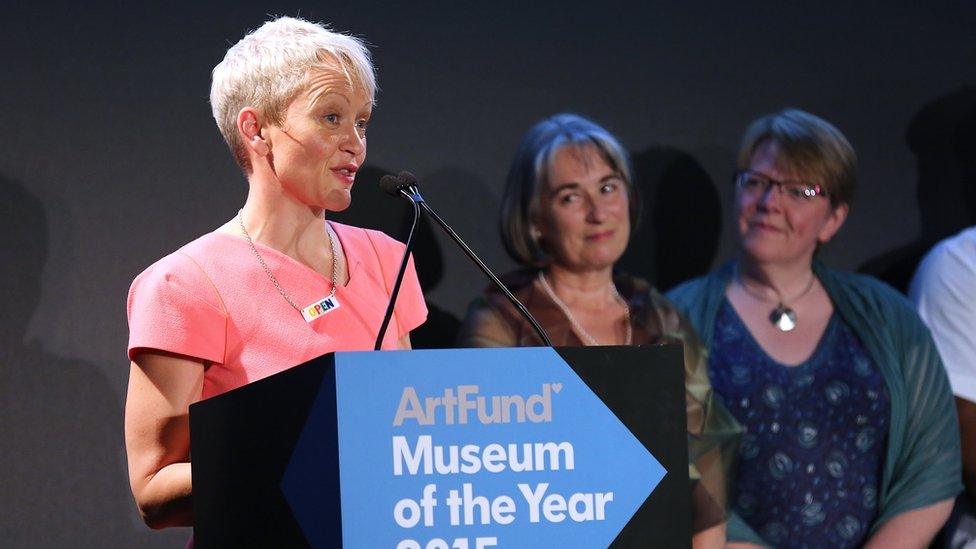
Maria Balshaw accepted the Whitworth's museum of the year prize in 2015
By Ian Youngs, BBC News arts and entertainment reporter
An ambitious, charismatic and indefatigable operator who is admired by artists and administrators alike, Dr Balshaw has been one of the key movers in Manchester's cultural renaissance over the past decade.
She took over the Whitworth in 2006 then took on the main civic gallery, Manchester Art Gallery, in 2011. They have been good training for Tate - you could say the contemporary Whitworth is the Tate Modern of Manchester, while the more traditional Manchester Art Gallery is the equivalent of Tate Britain.
She has been Manchester City Council's cultural leader, is on the Arts Council England board and was made a CBE in 2015. She proved her vision and leadership with the £15m redevelopment of the Whitworth, which was named museum of the year by The Art Fund in 2015.
She also helped persuade then Chancellor George Osborne to include a £110m arts venue, The Factory, in his Northern Powerhouse plans.
But she is equally at home with the world's leading artists - she has forged strong relationships with the likes of Gerhard Richter, Marina Abramovic and Cornelia Parker.
Her Whitworth exhibitions have shown a passion for work from all corners of the globe, from the excellent current Warhol show to the art of her beloved West Africa, and work that brings her rooms to life - stimulating, not static. Which sums her up pretty well.

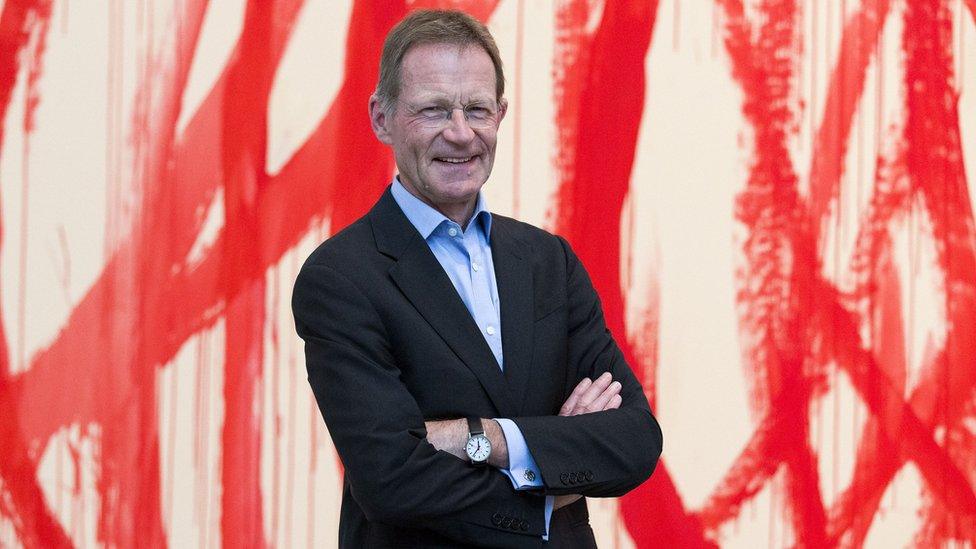
Sir Nicholas Serota has been Tate's longest-serving director
She has big shoes to fill. During his 29 years in charge, Sir Nicholas has built up the Tate to be one of the world's most successful art brands.
Tate Modern alone gets 4.5 million visitors per year and has just opened a £260m new extension. Tate St Ives is currently closed for renovation and will reopen in March.
When he announced his departure, Sir Nicholas set a challenge to his successor, saying Tate still has "the potential to reach broad audiences across the UK and abroad, through its own programmes, partnerships and online".
Sir Nicholas will now become chairman of Arts Council England.

Prominent women in UK arts
Maria Balshaw's appointment as director of the Tate sees her join a growing number of women in top jobs in the UK arts establishment.
They include Frances Morris, who became Tate Modern's director last year, Jude Kelly, artistic director of London's Southbank Centre, and Tamara Rojo, artistic director as well as principal lead dancer at English National Ballet.
Vicky Featherstone and Josie Rourke head up London's Royal Court and Donmar Warehouse theatres respectively, while Cressida Pollock has been the ENO's chief executive officer since 2015.
Catherine Mallyon jointly runs the RSC as executive director, alongside artistic director Gregory Doran, while Erica Whyman is the RSC's deputy artistic director.
In the world of film, a pair of Amandas - Berry and Nevill - hold the chief executive positions at Bafta and the BFI respectively.
As co-organiser of the annual Glastonbury Festival, Emily Eavis arguably occupies one of the most influential posts in the UK music scene.
Not half as influential, though, as Karen Bradley MP's current role - that of Secretary of State for Culture, Media and Sport.

Follow us on Facebook, external, on Twitter @BBCNewsEnts, external, or on Instagram at bbcnewsents, external. If you have a story suggestion email entertainment.news@bbc.co.uk, external.
- Published8 September 2016
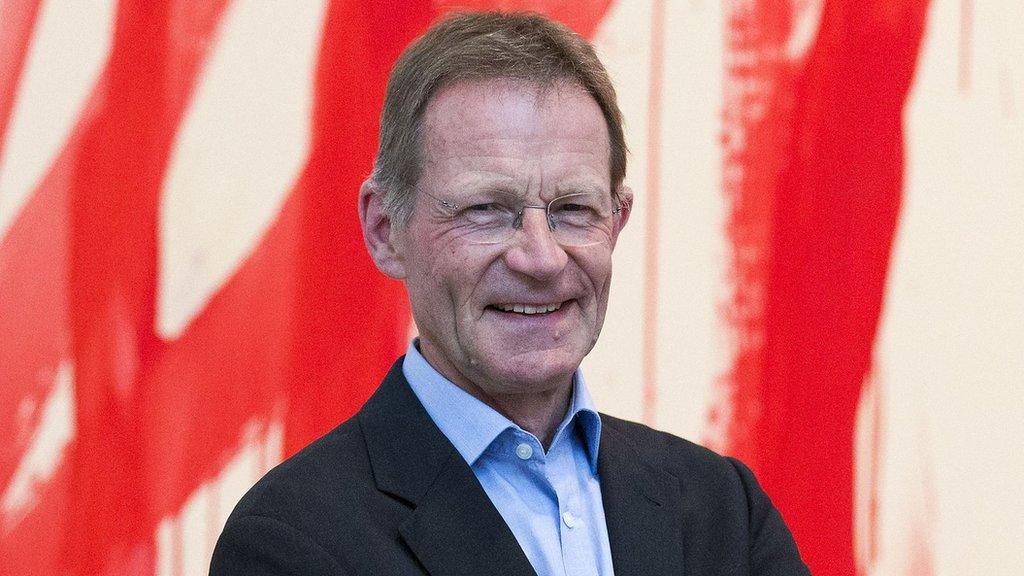
- Published8 September 2016
- Published7 October 2015
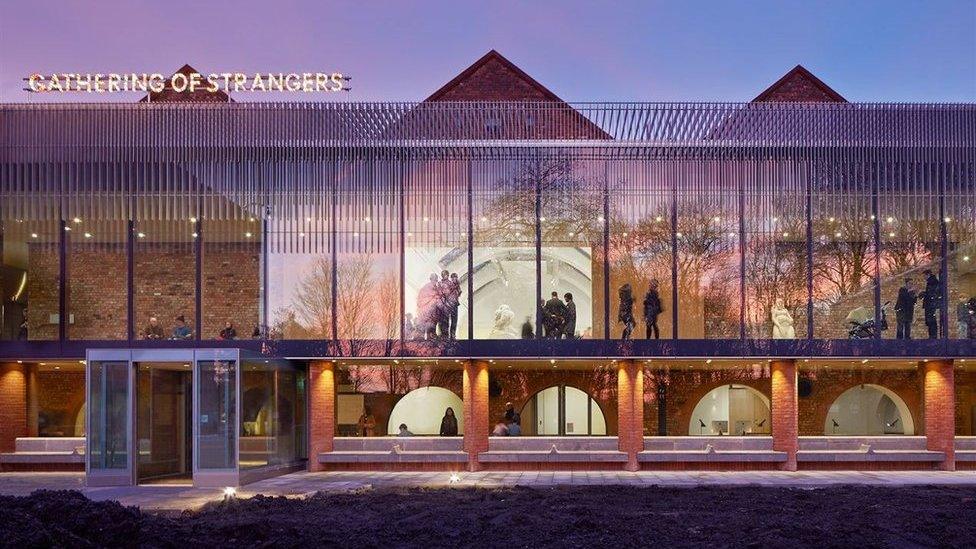
- Published2 July 2015
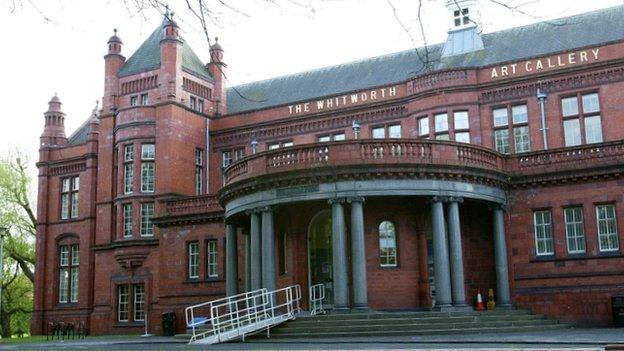
- Published19 June 2015
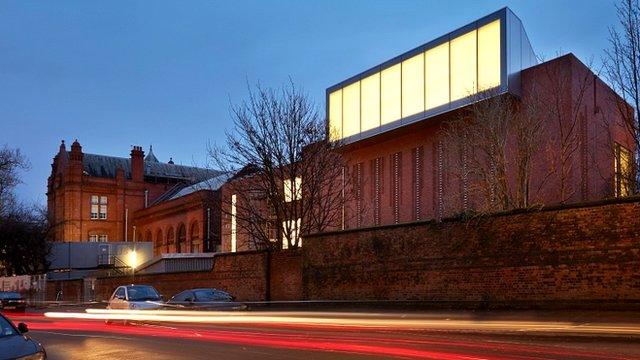
- Published12 February 2015

- Published7 March 2014
